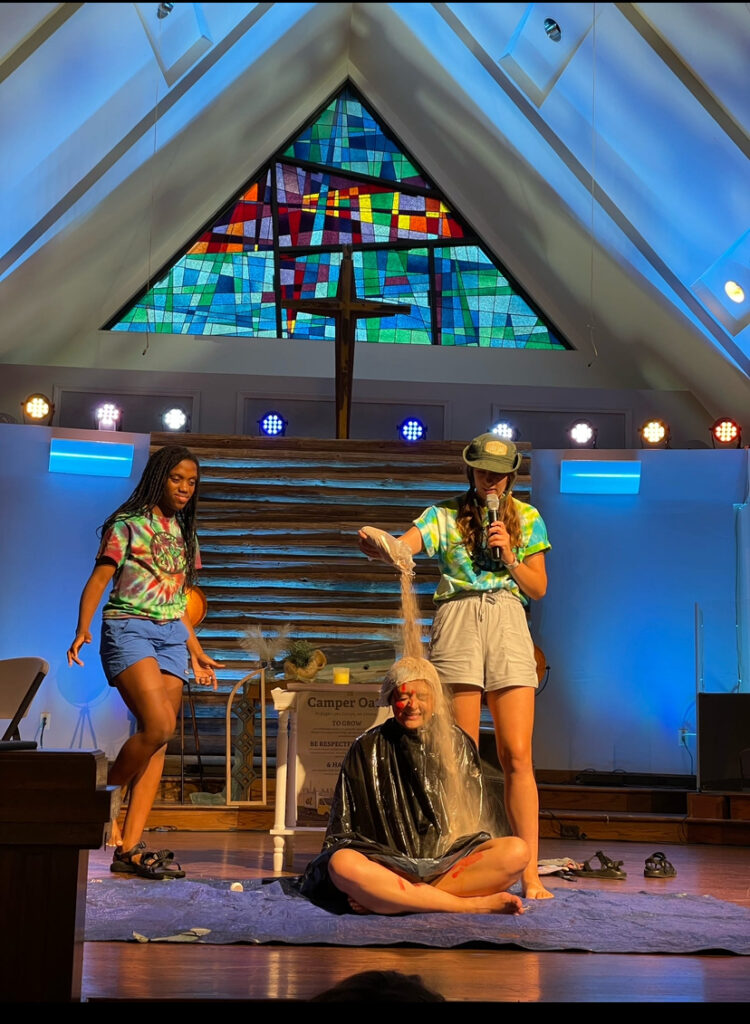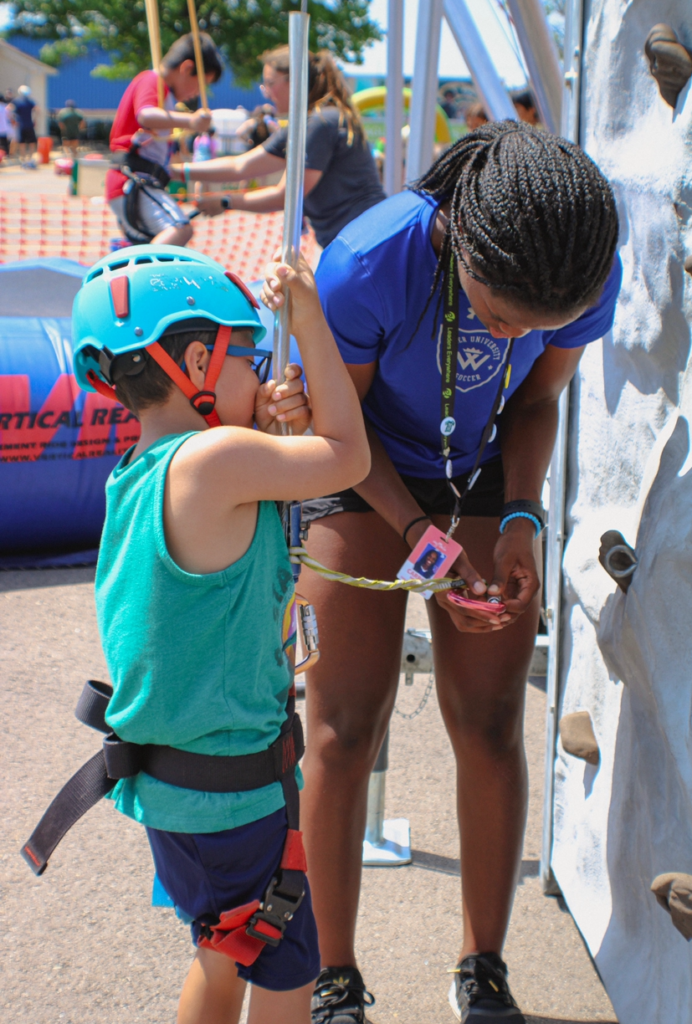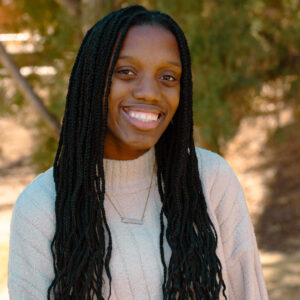Carroll left high school, hoping to play soccer in college. She followed that passion into a scholarship at a small Christian school and began pursuing a social work and criminal justice degree. Like many other college students, Carroll was curious if her degree fit her. She did find the classes interesting, but looking back, she would tell you that it wasn’t something she felt intensely passionate about as a career.

However, during her senior year, a conversation with a friend in one of her social work classes changed the direction of her life. She learned about an opportunity to work at a Christian camp in Colorado called Eagle Lake.
“I applied and got an interview a week later. In January, I started my internship at a juvenile detention center, which lasted until May. I got the job at Eagle Lake, but I was mentally bouncing back and forth between my internship and Eagle Lake, trying to figure out which one I wanted to do.”
Ultimately, Carroll realized she liked her internship less.
“So I ended up not doing that internship and doing Eagle Lake my first year and my first summer, and it ended up being one of the most fulfilling summers of my life.”
American culture puts heavy pressure on career paths. Some students enter college or the workforce thinking they will go in one direction but later change their minds. According to an EdX poll, 32% of workers between the ages of 25 and 44 are considering changing careers, and 29% have. Yet, the societal norms of sticking with a similar career have not gone away.
Young people may feel like they made a mistake in switching careers, but Carroll proves it’s okay to change your mind.
After Carroll graduated, she worked part-time at a retail store and as a soccer coach. Carroll knew soccer well and thought to pursue it as a career, but it felt different. She needed time to figure out what she was going to do next. She felt like she was going against the grain of other people’s “typical” career paths.
Yet, taking time after college to think through career goals can be very beneficial. We’ve heard from many 20-somethings about how the years after college were formative years in figuring out who they wanted to be.
So, Carroll decided to use that year after college to work and save up money to return to Eagle Lake the next summer.


When Carroll returned that summer, she had the opportunity to apply to the Emerging Leaders Program (ELP) offered through Eagle Lake. This program helps “Establish mature, life-long laborers and business leaders by developing their life and leadership skills through business experiences, community development, ministry preparation, and spiritual growth.” It’s an up to 3-year commitment.
“I’d heard bits and pieces about the program,” said Carroll, “but I was just like, umm, I don’t think I’m fit for that, or I don’t think I would be good enough for ELP. And then, as the summer went on, I thought maybe this is something that I am meant to do or something that I should do.”
So, during the sixth week of camp during a ten-week camp season, Carroll decided to apply. A week later, she had an interview and was quickly offered the opportunity with ELP. After the camp season ended, she moved her primary residency from Florida to Colorado to start ELP.
Carroll says making this decision was challenging. As she processed this decision, she felt the Lord press upon her to hear the words “faith over fear.”
“I don’t think the Lord made any mistakes in leading me in the path of social work and criminal justice. Where he’s leading me right now is where he wants me at the moment. And we have to trust that. And honestly, sometimes I try to figure out why I did social work, but sometimes I don’t need to know that. I’d probably say, I’m still processing.”
Carroll’s journey of shifting her career in her twenties reflects many young adults’ uncertainties and challenges when pursuing their professional paths. Her willingness to explore different opportunities, embrace change, and trust in her faith ultimately led her to a fulfilling path with the ELP. By sharing her story, Carroll inspires others to remain open to unexpected opportunities, knowing that the right path may not always be the most conventional.
“I’m very content where I’m at, and I always tell people this. It’s a dream job I never knew I needed.”
During this season Carroll leaned into mentors who encouraged her along the way and relied on Psalm 56:3-4 which says,
When I am afraid, I put my trust in you.
4 In God, whose word I praise—
in God I trust and am not afraid.
What can mere mortals do to me?

